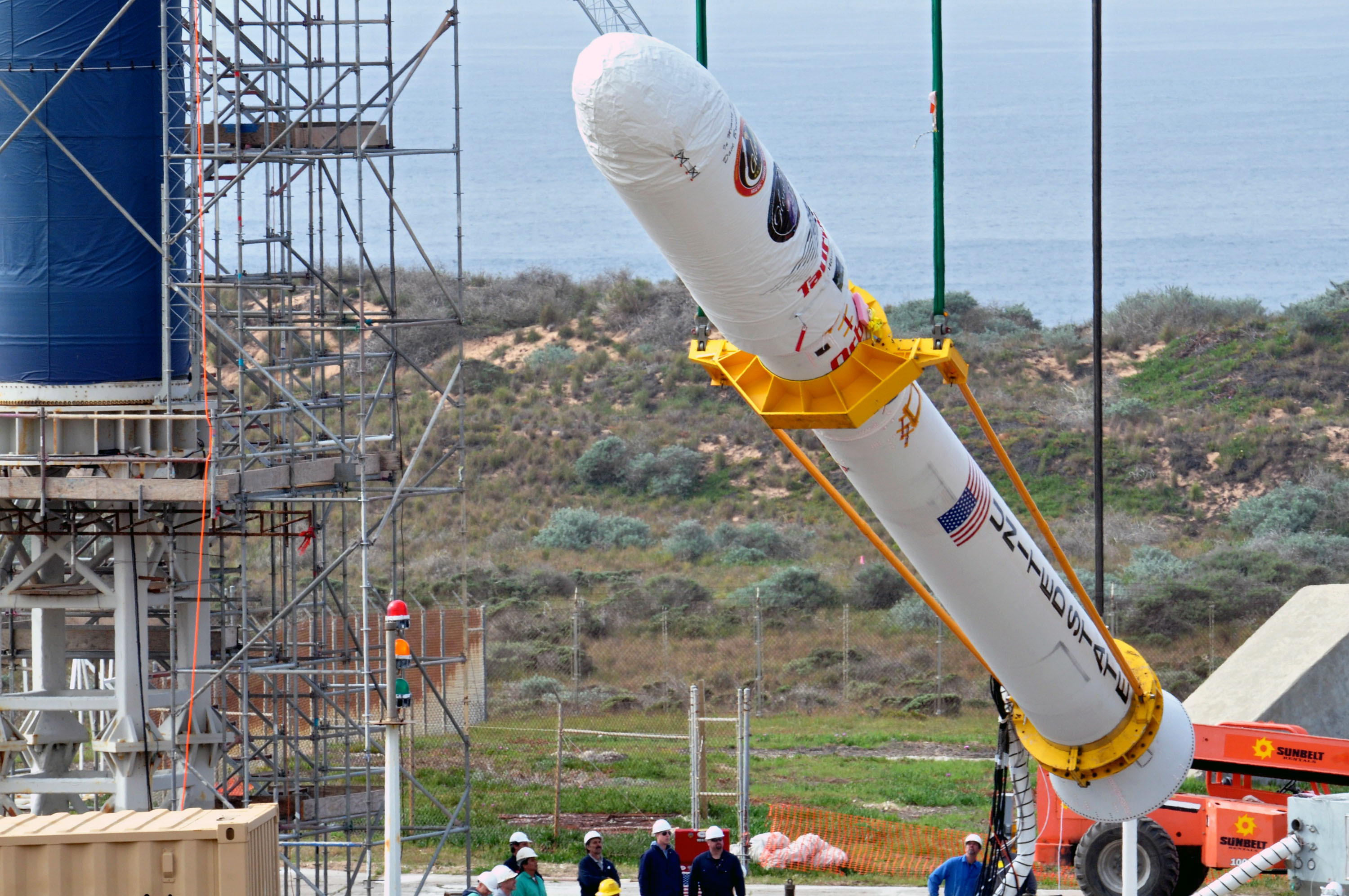
In 2009 and 2011, two separate NASA launches failed. The first, the Orbiting Carbon Observatory (OCO), a satellite to study carbon dioxide in the atmosphere, was lost when the payload failed to separate from the rocket carrying it during ascent. The second, the satellite Glory, failed to reach orbit after launch and was also lost. Both failures involved the use of a Taurus rocket.
Now a NASA investigation has determined the failures were caused by faulty materials provided by the aluminum manufacturer Sapa Profiles, Inc. (SPI).
A report from the Department of Justice details a 19-year-long scheme by SPI to falsify certifications for aluminum extrusions, alleging the SPI knowingly provided aluminum parts to NASA and other customers that were not up to standard. The certifications should have confirmed the tensile strength, consistency, and reliability of the aluminum provided.
“NASA relies on the integrity of our industry throughout the supply chain,” Jim Norman, NASA’s director for Launch Services, said in a statement. ” While we do perform our own testing, NASA is not able to retest every single component. That is why we require and pay for certain components to be tested and certified by the supplier.”
“When testing results are altered and certifications are provided falsely, missions fail. In our case, the Taurus XLs that failed for the OCO and Glory missions resulted in the loss of more than $700 million, and years of people’s scientific work. It is critical that we are able to trust our industry to produce, test and certify materials in accordance with the standards we require. In this case, our trust was severely violated.”
“Due in large part to the hard work and dedication of many highly motivated people in the NASA Launch Services program, we are able to close out the cause of two extremely disappointing launch vehicle failures and protect the government aerospace supply chain,” said Amanda Mitskevich, LSP program manager at NASA’s Kennedy Space Center in, Florida. “It has taken a long time to get here, involving years of investigation and testing, but as of today, it has been worth every minute, and I am extremely pleased with the entire team’s efforts.”
For its part, SPI has disputed that they are responsible for the launch failures, and the Department of Justice has made no determination of liability. But SPI did plead guilty to mail fraud as part of the plea agreement and has agreed to pay $46 million in restitution to the government and to its other customers.



